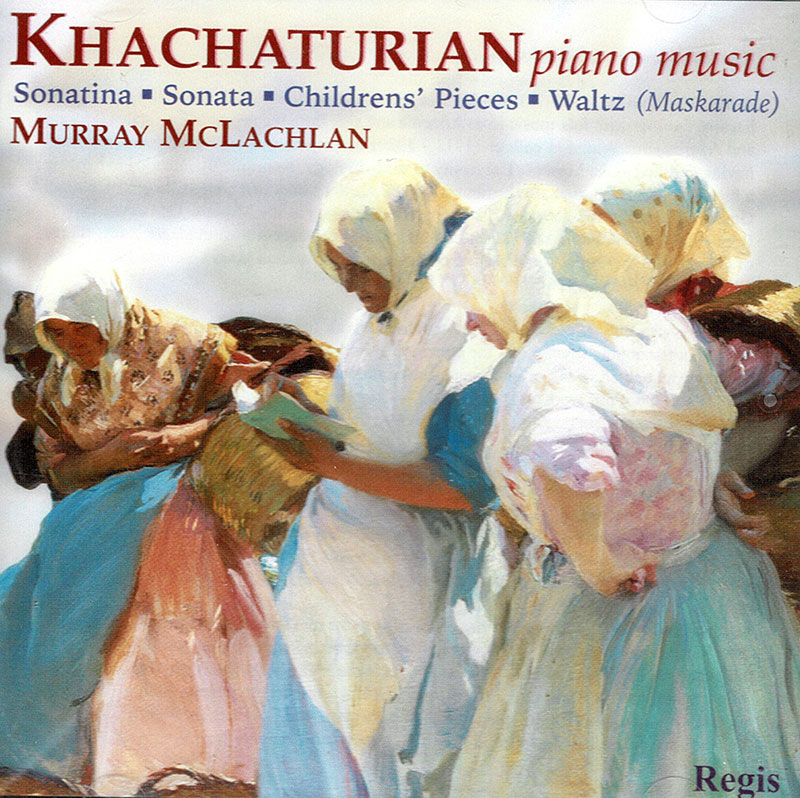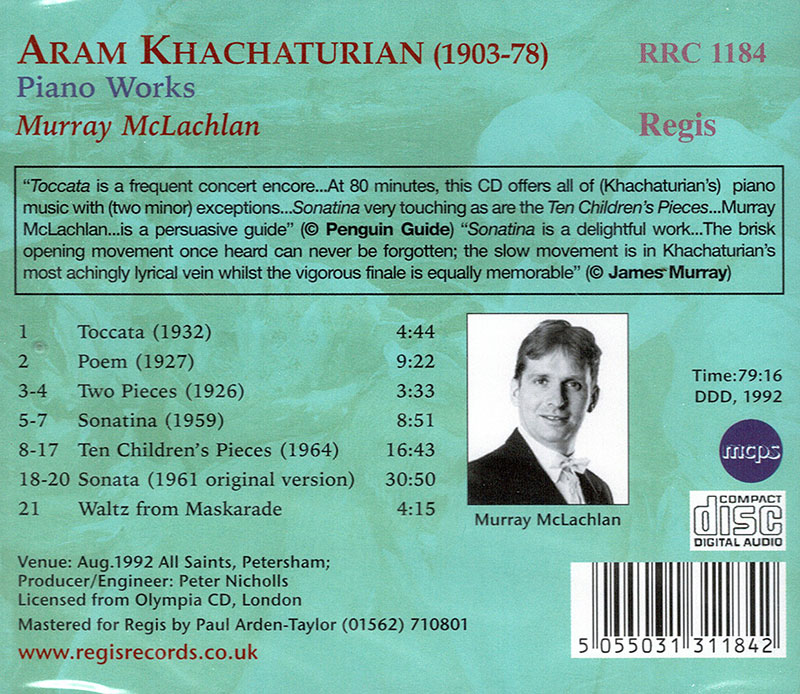Logowanie
OSTATNI taki wybór na świecie
Nancy Wilson, Peggy Lee, Bobby Darin, Julie London, Dinah Washington, Ella Fitzgerald, Lou Rawls
Diamond Voices of the Fifties - vol. 2
Tylko 1000 egzemplarzy!!!
DVORAK, BEETHOVEN, Boris Koutzen, Royal Classic Symphonica
Symfonie nr. 9 / Wellingtons Sieg Op.91
nowa seria: Nature and Music - nagranie w pełni analogowe
Petra Rosa, Eddie C.
Celebrating the art and spirit of music - vol. 3 - Pure
warm sophisticated voice...
Peggy Lee, Doris Day, Julie London, Dinah Shore, Dakota Station
Diamond Voices of the fifthies
Tylko 1000 egzemplarzy!!!
SAMPLER - STS DIGITAL, Buddy Tate, Milt Buckner, Walace Bishop
Jazz Masters - Legendary Jazz Recordings - v. 1
proszę pokazać mi drugą taką płytę na świecie!
Chesky! Niezmiennie perfekcyjny
Winylowy niezbędnik
ClearAudio
Double Matrix Professional - Sonic
najbardziej inteligentna i skuteczna pralka do płyt winylowych wszelkiego typu - całkowicie automatyczna
KHACHATURIAN, Murray McLachlan
Piano Music

- Murray McLachlan - piano
- KHACHATURIAN
"..At 80 minutes, this CD offers all of [Khachaturian's] piano music with (two minor) exceptions.. McLachlan.. persuasive guide.."
Penguin Guide
Regis are a canny outfit with a good contact network. Their direct line to the owners of the ex-Unicorn catalogue is already well known, but just as important, is the link with the currently hors-de-combat Olympia. While Unicorn and Olympia meet in the generous Gliere 2CD set (Muromets and Cello Concerto RRC 2068) the present disc is entirely ex-Olympia. Uniquely it presents the complete piano music of Aram Khachaturian, a composer much better known for his orchestral music that for anything else.
Khachaturian’s romantic roots show through his piano oeuvre even in his most steely virtuosic pieces. While the Poem is almost Delian in its lyricism his most famous piece, the 1932 Toccata (once recorded by Moiseiwitsch - a recording now available on Naxos) also capitulates to song-like relaxation. The early Two Pieces are among his most acidulous inspirations but even they relent for poetic asides. The Sonatina is in three movements and if the outer movements are manic-motoric and granite-hard, folk inspiration provides contrast in the central panel even if it is in his best wrong-note accent. The Ten Children’s Pieces are the latest works here. They are short and pin-sharp vignettes drawing on fugues the composer wrote during his teens. The only surprising piece is on tr. 14, the Funeral Procession which sounds like a curiously dissonant monochrome Debussy.
The sewing-machine rhythmics of the Sonatina return in the Sonata’s first movement with its souvenirs of the Sabre Dance among material sounding like an armistice between Constant Lambert and Handel. While the Sonata is dedicated to Khachaturian’s teacher, Nikolai Miaskovsky, the music is not overtly reminiscent of his autumnal nostalgia nor does it feature the older composer’s monumental heroism. The slow movement plays for 13:38 dwarfing its flanking companions and if greater emotional depth also. The suggestion of tolling bells and a prayerful concentration suffuse this still centre of gravity. The pummelling and edgy finale conveys desperation amid the aggressive chaos of bells. The Sonata is impressively played by McLachlan in its original 1961 guise. After such unremitting attack Mclachlan wisely ends with the sly romance of the Waltz from Masquerade (unusually listed as Maskarade as if it were Nielsen’s opera). Strange how a work such as Shostakovich’s waltz from The Gadfly has gained some celebrity while an intrinsically finer work like the Khachaturian has had only limited exposure. It is an obstinately memorable piece.
The piano sound is very listenable, fulsome and accommodating the prescribed extremes of attack. There is occasionally a sense of congestion at fff amid the tough expanses of the Sonata’s finale.
James Murray’s notes are the ideal companion to this listening experience.
McLachlan makes a persuasive champion of this music some of which impresses more for its virtuosity and aggression rather than its humanity. Still there is much to intrigue here and the disc runs to almost 80 minutes playing time. A double pleasure to welcome this back to the catalogue at bargain price through Regis’s good offices. More Olympia reissues please.
Rob Barnett





























